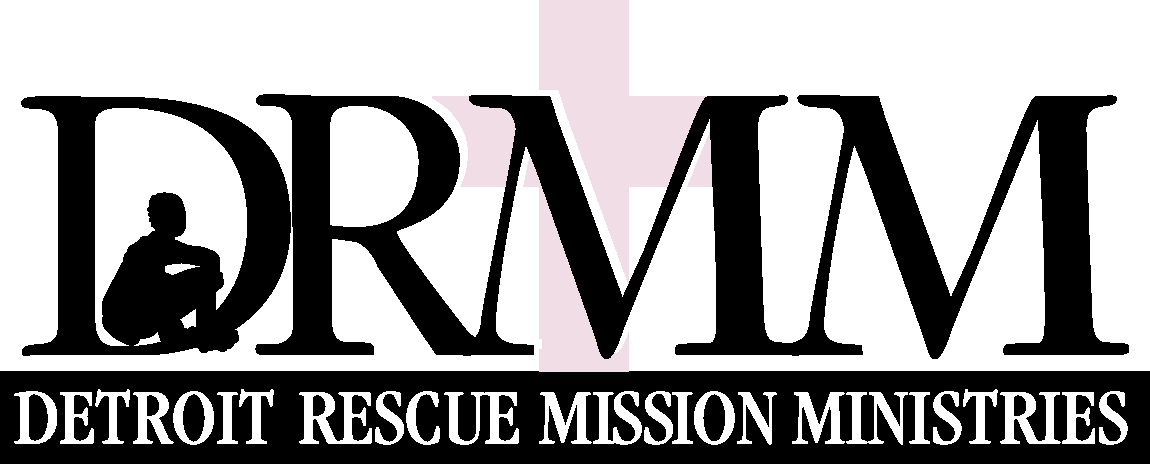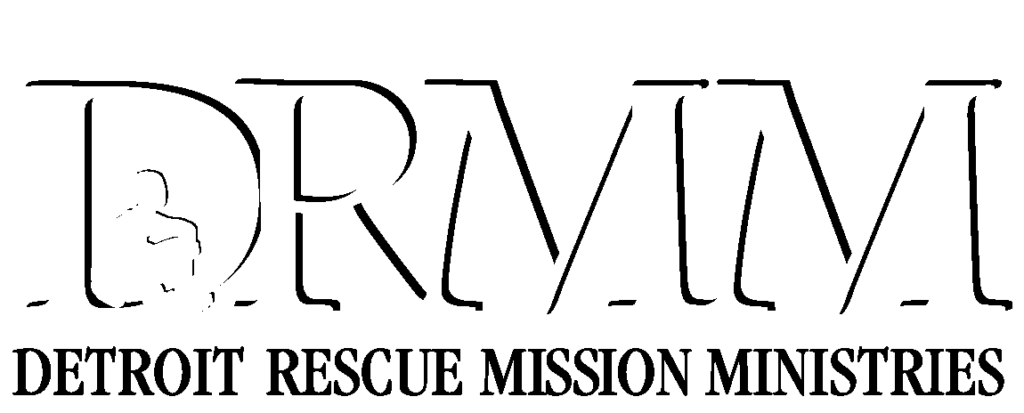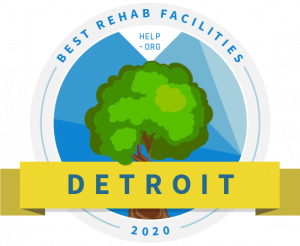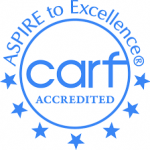Emergency Housing Tips and Procedures for Struggling Seniors
A little-known yet growing concern among social service workers and those operating homeless shelters across the United States is the increasing number of older Americans experiencing or at risk of homelessness.
Several factors contribute to this growing epidemic:
- The economic strain put on many businesses and individuals by the pandemic
- The health issues and medical bills that may have accompanied the pandemic for many
- The aging baby boomer population
- The rapid and sharp increases in housing and rental costs, especially in larger cities, across the nation
According to a report titled “The Emerging Crisis of Aged Homelessness,” the number of homeless older Americans is expected to nearly triple by 2030. This information makes it important to seek solutions and interventions while spreading awareness about the resources available to those at risk of homelessness and the urgent need for more resources in the future.
Around the country, federal, state and locally funded programs exist for the purpose of helping Americans, and older Americans in particular, access resources such as emergency housing financial assistance and rapid rehousing support. In this guide, we’ll help you learn about available resources for emergency housing and how to access them.
What Is Emergency Housing and Why Do We Need It?
The role of emergency housing is crucial in preventing the spiraling of further economic and health hardship that can impact someone if they become homeless. Emergency housing may be temporary, but it gives someone the immediate ability to remain housed and safely sheltered. Once someone becomes homeless, their mental and physical health is likely to suffer. A younger homeless population, for example, faces the same or more health issues than older adults who have remained housed.
The reasons an older American might need emergency housing are also plentiful. Renters may face removal from their homes when owners place properties on the market to take advantage of rising housing prices. Some seniors may have chronic health issues that keep them from working and saving enough for the expenses of retirement and older age. They may not have the support of close family or friends, meaning they have no one to stay with if they’re evicted from rental homes or their home is foreclosed on due to an inability to pay their mortgage.
In this guide, we’ve provided detailed information on emergency housing resources for older adults and seniors across the United States. We begin with programs available nationwide, including those for older adults and specifically for veterans. Then, we list emergency housing programs available in each state. We’ve included each program’s contact information, a brief description of services available and eligibility requirements for many. In any instance, however, those facing homelessness should contact programs in their area for more information and access to any resources and support to help them remain safely housed.
Senior Programs for Emergency Housing

If your loved one is struggling to make the payments to remain in an apartment or house and isn’t sure where to turn, know that resources do exist. Programs and solutions across the country designed specifically to help low-income individuals, families and older adults are available.
Below are some programs available nationwide that were created specifically to help low-income seniors in need or others at risk of losing their homes.
2-1-1
Seniors in need of immediate assistance and resources should start with 2-1-1 to connect with United Way, which is committed to helping homeless seniors find local shelters or access transitional housing. The service can also connect seniors with other resources, including those intended to provide food, mental health support or funding for health care expenses. Additionally, 2-1-1 intakes are often required as a prerequisite before trying to get into a shelter or obtaining other assistance.
Eligibility Information
Because 2-1-1 is for people in crisis, there are no eligibility requirements. However, some programs seniors may access through 2-1-1 do have eligibility requirements.
Application Information
Seniors can simply dial 2-1-1 from nearly anywhere in the U.S. to be put in touch with the programs and resources they need. They can also contact United Way online for assistance.
The Federal Emergency Rental Assistance (ERA) Program
The United States federal government recognizes the struggles many people have and are continuing to endure due to the COVID-19 pandemic. Fortunately, the Federal Emergency Rental Assistance Program helps those with difficulties paying rent, and this program is still ongoing in many states.
ERA’s funding distribution enables local organizations to provide assistance to people struggling to pay rent and utilities such as electricity, water and gas. The availability of funds, whether and when applications are still accepted and program specifics vary by state and each program. Some programs may also help with moving expenses, internet and counseling.
Eligibility Information
Many states’ ERA programs accept applications from landlords, so if you’re renting, it may be best for you to talk to your landlord about applying for the program. Many ERA programs accept applications from renters and landlords. To find out about the eligibility and application requirements in your state, use this site to find your local program. Contact your local program to learn if you’re eligible to apply for ERA on your own as a renter or if this is something your landlord should do.
Use this site to search for your local program.
Application Information
Applicants must be renters with a rental agreement whose household has experienced financial hardship, has an income below state program requirements and includes at least one member at risk of becoming homeless or lacking stable housing.
Housing Choice Voucher Program
Designed specifically for seniors, people with disabilities and low-income families, the Housing Choice Voucher Program is a federal program offering low-income housing options and assistance with paying rent. These vouchers are available through your local public housing agency (PHA).
One notable aspect of this program is that it enables and encourages participants to choose their own housing, and options don’t need to be a part of subsidized housing projects. Typically, participants must pay 30% of their monthly adjusted income towards their rent, and the remainder is paid through the voucher program.
Eligibility Information
There are income thresholds a senior or family must not exceed to qualify for a voucher. Most commonly, a recipient’s income must stay at or below 50% of their area’s median income. And 75% of vouchers must go to people whose income is at or less than 30% of their area’s median income.
Application Information
Contact your local PHA to apply. Start by finding contact information for your local PHA. You may also contact your local HUD office for further assistance.
Section 202 Supportive Housing for the Elderly Program
This program is administered by the U.S. Department of Housing and Urban Development (HUD). It designates and advances funding to finance the building and renovation of properties for low-income elderly housing. It also provides rent subsidies. Seniors can live independently in these housing units but also receive cooking, transportation and other supports.
Eligibility Information
To qualify, older adults or their loved ones must earn a very low income, and at least one member of the household applying must be at least 62 years old or older.
Application Information
Seniors seeking support through this program should look on the grants.gov website for a Notice of Funding Availability (NOFA). If this is available, you may submit an application.
Emergency Housing Programs for Veterans
The United States government also provides some emergency housing resources specifically for veterans.
VA Enhanced-Use Lease Program
The Enhanced-Use Lease program provides emergency shelter and safe housing for homeless veterans by transforming underused properties for veteran use in areas throughout the country.
Eligibility Information
Where available, this housing program may be utilized by any veteran otherwise unable to access housing or remain housed.
Application Information
Senior veterans can call (877) 424-3838 or call or visit their local VA office to learn about available shelters in their area.
U.S Department of Housing and Urban Development-VA Supportive Housing Voucher (HUD-VASH)
The HUD-VASH program was created for homeless veterans across the country to give them access to permanent housing and the supports needed to keep certain benefits, including health care and counseling services. Veterans receive rental assistance through the HUD Housing Choice Voucher program and additional case management services through the VA.
Eligibility Information
A very low income and service in an eligible military program are required to access this program.
Application Information
Senior veterans may apply online or call (877) 424-3838. They may also visit their local Veterans Affairs office to find out more or apply.
Resources for Emergency Housing in Every State
Visit the Resources for Emergency Housing in Every State section to find a list of some emergency housing options available for senior residents in need of housing assistance in each state.







